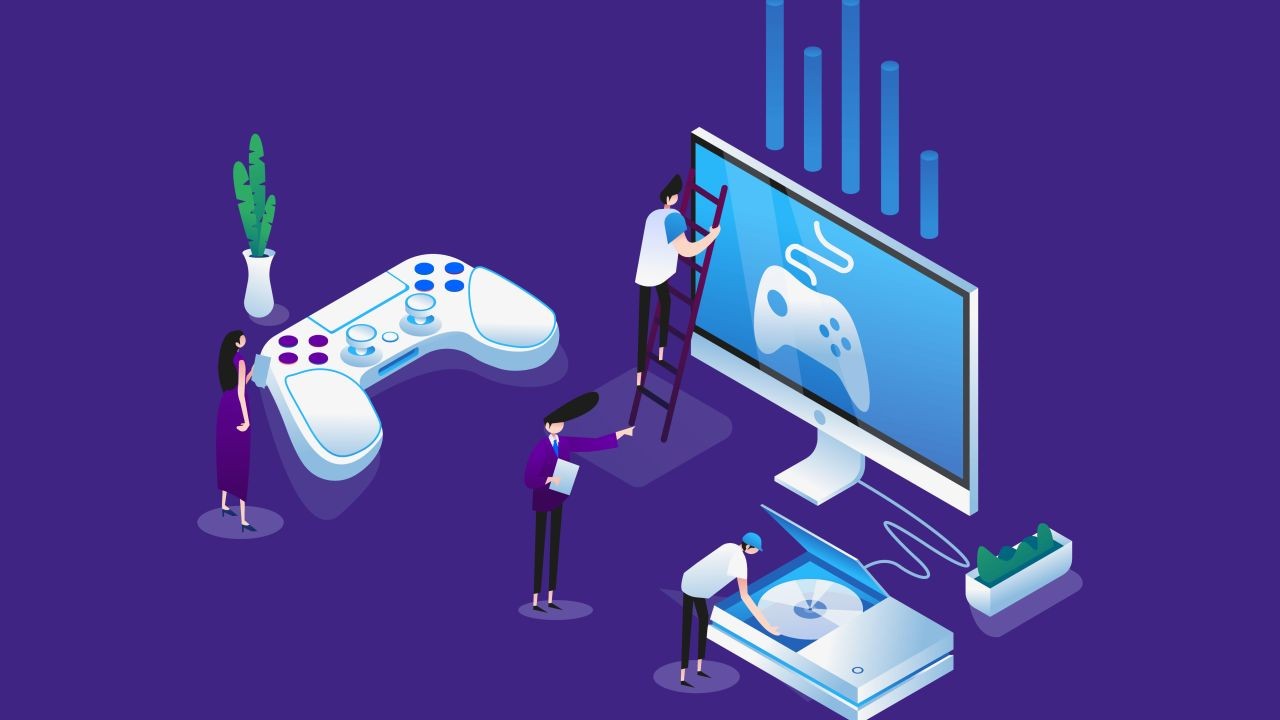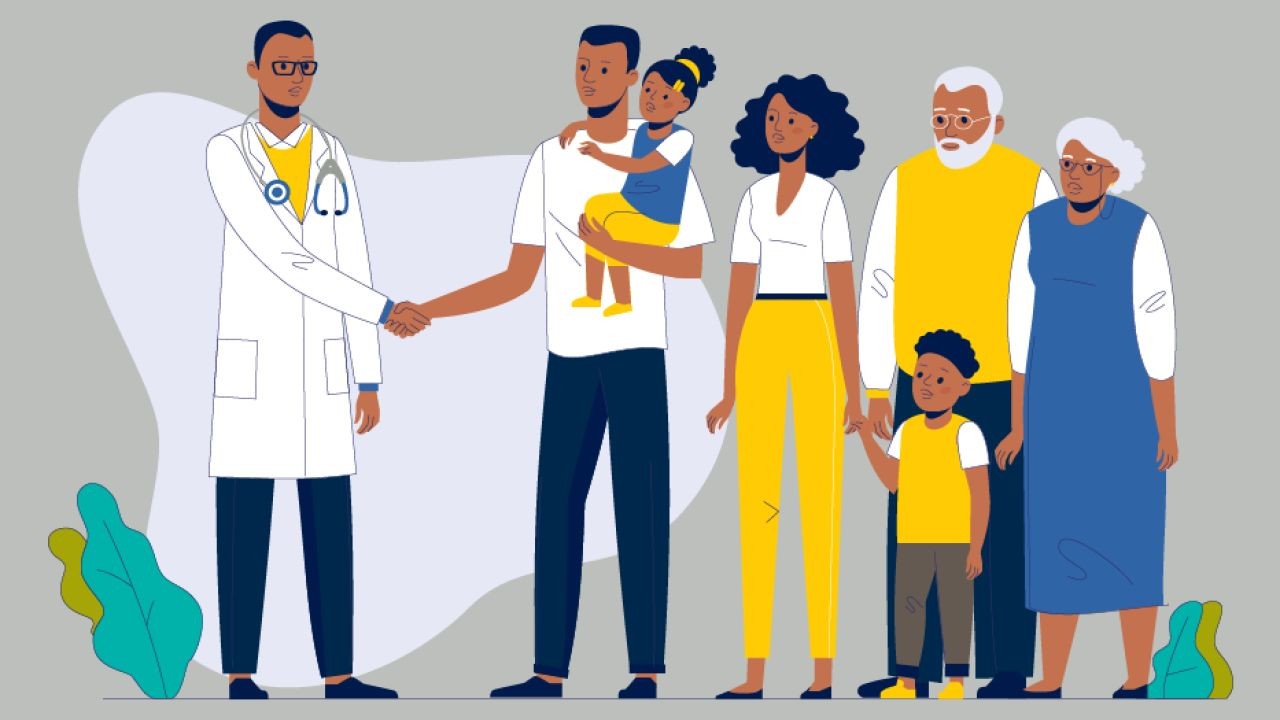Public figures are no strangers to controversy, but the recent incident involving Golriz Ghahraman at a New Zealand supermarket has sparked a national debate. The release of texts from a Foodstuffs security guard has added fuel to the fire, raising questions about privacy, security, and the implications for New Zealand's socio-cultural landscape. This incident is a microcosm of broader societal issues, reflecting tensions that resonate deeply within Kiwi society. In this article, we will dissect the key aspects of this incident, evaluate its pros and cons, and explore its broader implications for New Zealand.
The Incident and Its Immediate Impact
Golriz Ghahraman, a prominent New Zealand politician known for her advocacy on human rights and social justice, was reportedly involved in an altercation at a Foodstuffs supermarket. The controversy intensified when text messages from a security guard were leaked, revealing potentially sensitive information. This incident has sparked discussions about privacy rights and security protocols in public spaces—a topic that holds significant relevance in New Zealand's increasingly digital society.
Pros and Cons Evaluation
Pros:
- Increased Awareness: The incident has brought critical issues of privacy and security into the public discourse, pushing for more robust discussions on civil liberties in New Zealand.
- Policy Reevaluation: It provides an opportunity to assess and potentially reform supermarket security protocols to better protect personal information.
- Media Attention: The incident has drawn media attention to broader societal issues, encouraging public engagement and awareness.
Cons:
- Privacy Concerns: The leak of private communications raises alarm over surveillance practices and the potential misuse of personal data.
- Public Trust: Such incidents can erode trust between the public and private institutions, impacting consumer confidence.
- Sensationalism: Media coverage may focus more on sensational aspects rather than constructive dialogue, detracting from meaningful discussions.
How the Incident Unfolded: A Deep Dive
The supermarket incident involving Golriz Ghahraman began as a routine shopping trip but quickly escalated when a disagreement with a security guard led to police involvement. According to reports, the security guard's texts, which were later leaked, suggested a prejudiced attitude towards Ghahraman, raising questions about bias and discrimination. The texts have since become a focal point in discussions about personal freedoms and security measures in New Zealand.
Real-World Case Study: Privacy in Public Spaces
The supermarket incident is not an isolated event. Globally, the balance between security and privacy has been a contentious issue. In the UK, the use of facial recognition technology in public spaces has faced significant backlash due to privacy concerns, prompting legal challenges and policy reviews. In New Zealand, similar concerns are emerging, particularly as technology becomes more integrated into everyday life.
Problem:
Public spaces in New Zealand, including supermarkets, are increasingly utilizing surveillance technologies, raising concerns about data privacy and misuse.
Action:
Foodstuffs, the supermarket chain involved, is reviewing its security protocols and considering reforms to address public concerns. This includes enhancing transparency and ensuring compliance with New Zealand's privacy laws.
Result:
- Increased public awareness and dialogue on privacy rights.
- Potential reforms in security protocols to better safeguard personal data.
Takeaway:
As technology advances, New Zealand must navigate the delicate balance between security and privacy. The supermarket incident underscores the need for clear policies and robust protections to maintain public trust.
Common Myths & Mistakes
Myth #1:
Myth: "Increased surveillance ensures safety for all." Reality: While surveillance can deter crime, it also raises significant privacy concerns. A report by the Privacy Commissioner of New Zealand highlights that excessive surveillance could lead to an erosion of trust and civil liberties.
Myth #2:
Myth: "Only those with something to hide should worry about privacy." Reality: Privacy is a fundamental right. The Office of the Privacy Commissioner emphasizes that everyone has the right to control their personal information, regardless of their actions.
Myth #3:
Myth: "Technology will solve all security issues." Reality: While technology can enhance security, it is not infallible and requires ethical oversight. The reliance on technology without proper safeguards can lead to misuse and discrimination.
Contrasting Viewpoints
The supermarket incident has sparked a debate between privacy advocates and those who prioritize security. Privacy advocates argue that the misuse of personal data can lead to discrimination and a loss of civil liberties. Conversely, security proponents claim that surveillance is necessary to prevent crime and maintain order.
Middle Ground: Implementing transparent policies and involving public input in surveillance practices can help balance these competing priorities.
Future Trends & Predictions
As New Zealand continues to grapple with privacy and security issues, several trends are emerging. According to a report by the Ministry of Business, Innovation, and Employment (MBIE), New Zealand is expected to adopt more comprehensive data protection laws by 2026. These laws will likely focus on enhancing transparency and accountability in data usage. Additionally, the rise of artificial intelligence and machine learning will necessitate ongoing dialogue about their ethical implications in public spaces.
Conclusion
The supermarket incident involving Golriz Ghahraman is a pivotal moment for New Zealand, highlighting the complex interplay between privacy, security, and societal values. It is a reminder that as technology advances, so must our policies and ethical standards. The incident underscores the need for transparent dialogue and robust protections to ensure that privacy and security can coexist harmoniously.
What's your take on this incident? Share your insights and join the discussion!
People Also Ask (FAQ)
- How does privacy impact businesses in New Zealand? Privacy concerns can affect consumer trust and engagement. Businesses that prioritize data protection often see higher customer retention and loyalty.
- What are the biggest misconceptions about privacy in public spaces? A common myth is that only those with something to hide should worry about privacy. However, privacy is a right for everyone, ensuring control over personal information.
- What upcoming changes in New Zealand could affect privacy laws? By 2026, New Zealand is expected to introduce more comprehensive data protection laws, focusing on transparency and accountability.
Related Search Queries
- Golriz Ghahraman supermarket incident
- Foodstuffs security protocols
- Privacy laws in New Zealand
- Surveillance in public spaces
- Data protection trends NZ


























